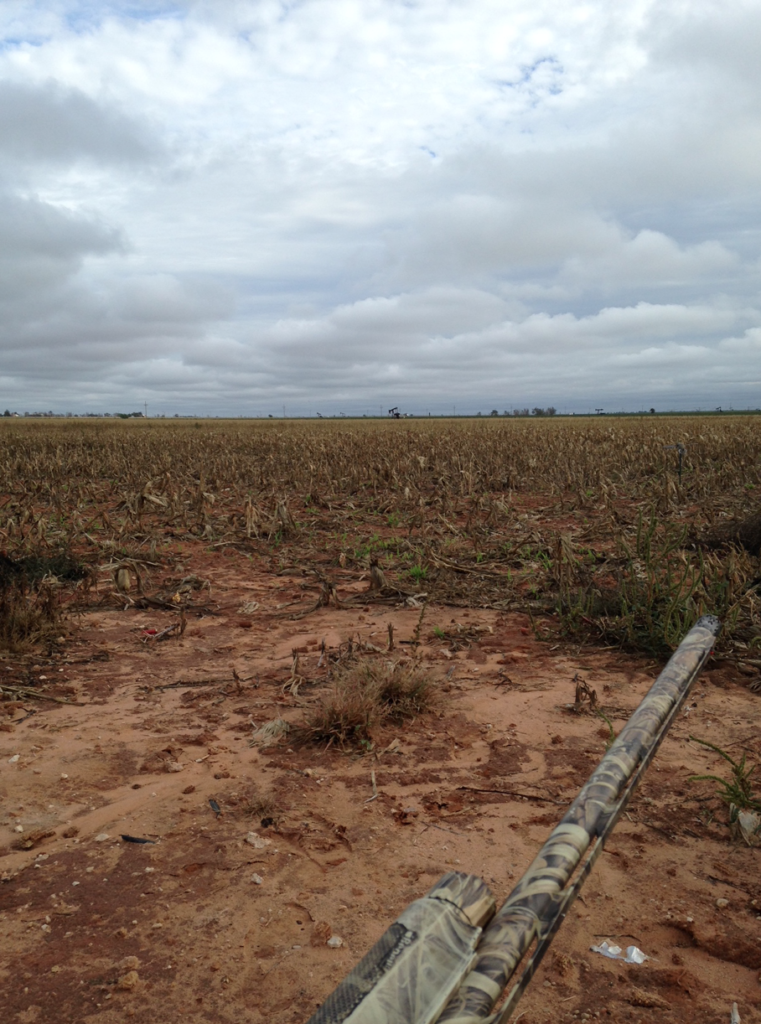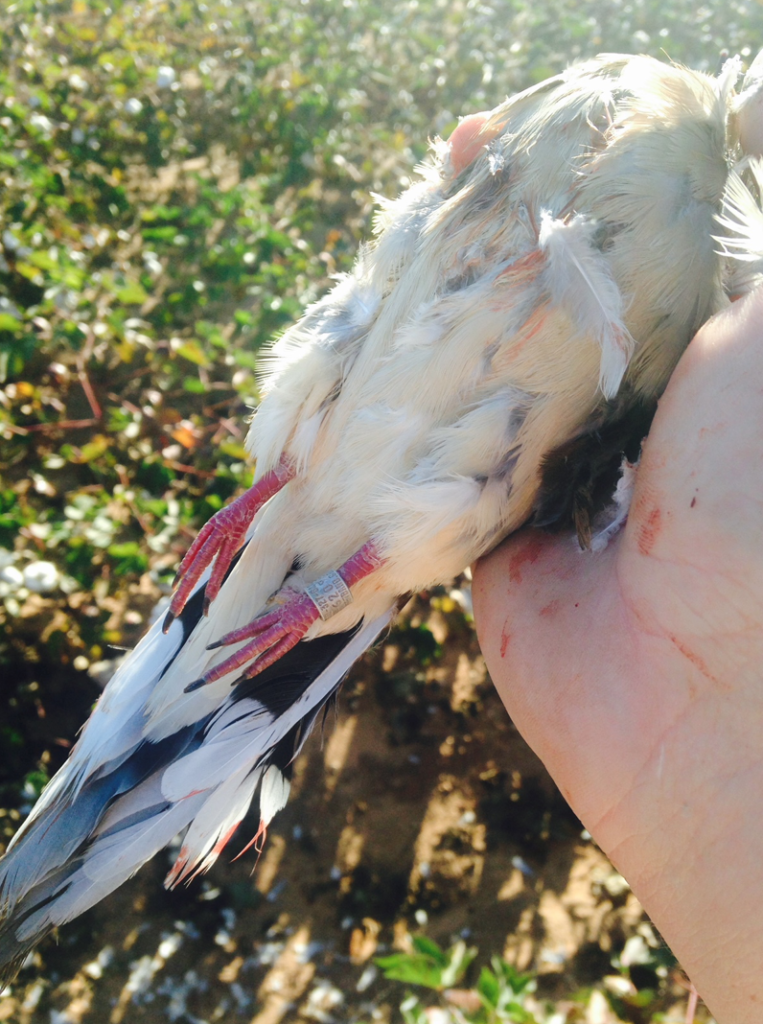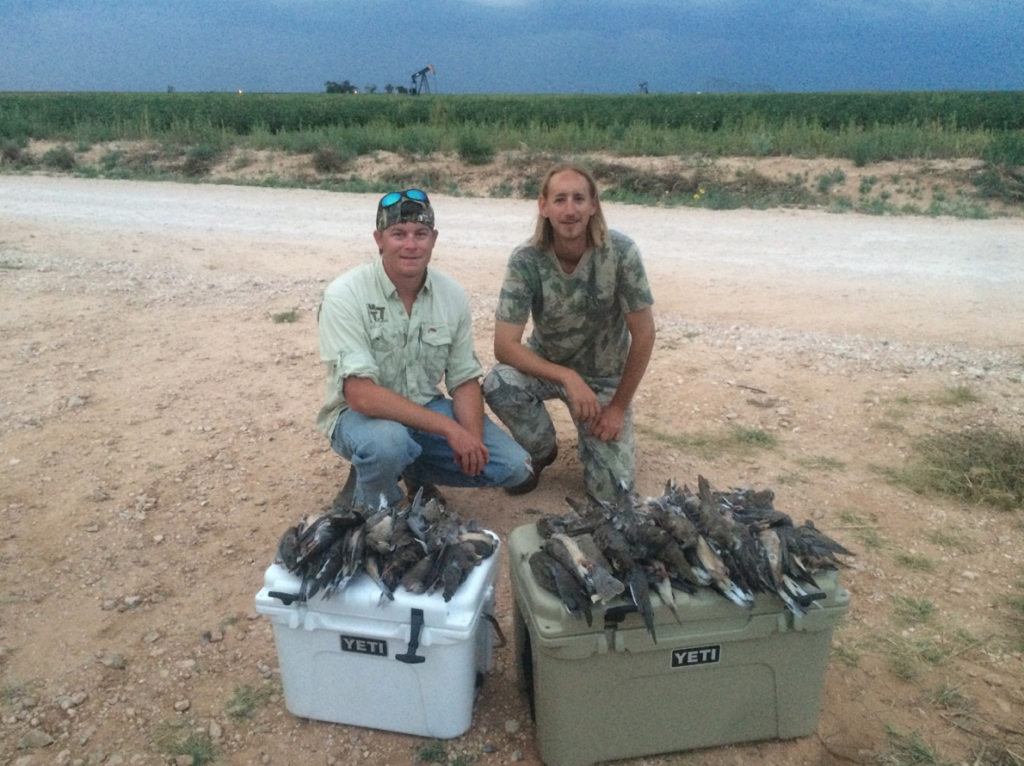By Jimmy DeLoache
Whether you are a seasoned dove hunter or a beginner, these tips can increase your odds of filling limits in the September dove field. Mourning dove are the most abundant and easily accessed game bird in North America and opportunities are plentiful to get a crack at these difficult and tasty game birds.
1. Scout, Scout, Scout!

Unless you intend to hunt with an outfitter, the best way to increase your chances at having a successful hunt is by scouting. Knowing where to scout can be the more challenging part. Mourning dove feed primarily on the seeds of natural and agricultural plants. Common agricultural plants dove are attracted to include milo, sunflowers, corn, wheat, and many other cereal grains. Finding areas where these grains are planted is the first hurdle.
Next is permission. If your state does not have a program with farmers to lease agricultural lands for hunting, use a land ownership app or government office to determine where to seek permission to hunt. After securing permission, scout fields that have been harvested (stubble). Dove will gravitate to stubble fields rather than ones uncut. This is because they can see danger approaching and freely walk around to forage. Spend your time looking at several promising areas for flying routes and good cover for hunters during the morning and afternoons when you would most likely be hunting. Effective scouting is a time-consuming process, so teaming up with fellow hunters to take turns scouting is a great way to maximize time. No matter how one looks at dove hunting, scouting is key to a successful hunt.
2. Hunt Water Sources

Here in Texas, water can be a significant hunting source during dry spells. Periods of dry weather, which are a common plague in many areas of the U.S. this time of year, can be a good omen for a few easy limits of mourning doves. It can be shocking how many easy limits can be harvested by a small cattle tank or by small lakes and ponds. Local doves know where water is consistent and not likely to dry up. These local doves are very likely to visit these areas daily before heading to roost. Dove are, as my father said, “creatures of habit” and can be very predictable. Since dove water after feeding in the afternoons, keying in on these water sources at the end of the afternoon can lead to great, sometimes fast and furious hunts. One thing to look for is open ground next to the water where dove can land and walk up to drink without having to navigate thick grasses. Do not negate water sources that seem far away from roost sites or agriculture fields. Dove are powerful flyers and can easily fly 30-40 miles per day between food, gravel, water and roost sites.
3. Use a Mojo Dove or Comparable Spinning Wing Decoy

Mourning dove are very gregarious feeders, meaning they like to be near others of their own species when feeding. The proverbial “safety in numbers” comes to mind. Using a motion winged decoy can get the attention of passing birds from great distances and in some cases be deadly when trying to get an edge over other hunters. These decoys work great in the early season when dove are not as wary of hunters yet. If there is a high use of spinning wing decoys it can begin to flare more birds then it will bring in, as more and more of the doves see the flashing decoys. No matter what, having one of these in your arsenal of tricks can add plenty of tasty dove poppers to your next BBQ.
4. Practice Shooting Multiple Times Before Opener
People neglect this tip often and I have seen it all—from gun issues to frustrating opening morning missing. It is always a good idea to clean, check and practice with a shotgun that has been in the closet or safe for several months. My favorite way to brush off the cobwebs is to find a good number of rock doves or Eurasian collared doves to have a pre-dove season shoot. The rock dove (pigeons) and Eurasian collared doves are not protected and feral here in the U.S. After checking local regulations and attaining permission from a landowner or farmer, an afternoon shooting these close cousins to the mourning dove can help practice for the opening day. Pigeons and Eurasian doves are also considered a pest to many farmers who would be happy to let you shoot some of them away from a silo or barn area where the bird droppings can build up. Sporting clays is another great way to have some pre-season practice and can be a great competition with friends. This simple tip can lead to a better opening day and less frustration in front of jeering hunting companions.
5. Hunt in Groups

Hunting in groups where different sides of a field, waterhole or other hunting areas can be covered will increase the movement of doves in the area. Shifting winds, previous hunting activity or other outside forces can cause doves to enter and exit fields differently from day-to-day. Having a good number of people to keep the doves moving can mean more opportunities for everyone and a more enjoyable hunt. Fewer people in an area can cause the dove to settle on an unguarded side of the field and attract many of the birds entering to that side. And more hunting companions to gather around the truck post-hunt is always more fun and not to mention more hands to clean up the unlucky doves!
Dove season is a long-awaited time for hunters. It marks the beginning of the hunting seasons and allows many of us the opportunity go get back in the outdoors after a hot summer. Here in Texas, we call it the “West Texas Holiday” and many times it feels just like that!
Good luck, hunters. Shoot straight and be safe this dove season.